November 15th saw the UK launch of the latest Global Monitoring Report, this year on youth and skills. Given the GMR was released at a time when the post-2015 global development debate is intense, it is worth reading it in part for what it might tell us about the current process of target setting and the particular challenges around a skills goal.
The first thing to note is the very serious problems of the current skills goal. As has been widely argued, Dakar Goal 3 on skills was inadequate:
Ensuring that the learning needs of all young people and adults are met through equitable access to appropriate learning and life skills programmes.
This is ill-defined and non-measurable. Such was the problem of definition and measurement, that it has taken till 2012 for a GMR Report to tackle the issue. Now that the GMR team have taken on this difficult task, I want to suggest that they have addressed it in ways that highlight several of the core problems. First, a skills goal has been defined by an education audience as being about the skills that can be delivered in schools, with scant reference to post-school, enterprise-based and higher education forms of skills development as would be recognisable to the “skills community”. Second, this educentric view pays little attention to the multiple realities of labour markets. Third, although the Goal talks of “young people and adults”, the GMR is youth-focused to the exclusion of the very real needs of millions of adults. Fourth, the report is dependent on data from UNESCO’s Institute of Statistics, which is dependent in turn on data from Ministries of Education; yet the vast majority of skills are not learned in formal primary and secondary schooling. Fifth, although there is reference to the work of other key organisations, such as the ILO, World Bank and the G20, this is very much a UNESCO report that has not been able to capitalise on these other resources.
Let me stress that these are not primarily criticisms of this particular GMR Report or its authors. The GMR is operating to a particular logic in a specific context. Rather, my argument is that the Report illustrates why a skills target should not be a UNESCO matter, nor one for any other single UN agency. However, these reflections do point to some very major challenges about creating a skills goal.
Of course, we already have a blog on this site arguing that skills are not the real issue. Hugh Lauder concludes that it is decent jobs that are required more than skills. Whilst Hugh is correct to talk about the centrality of decent work, I do want to hold on to skills for a little longer. First, in so far as the current discourse is about post-2015 goals, a decent work goal may be even harder to achieve than a skills one. Though not Hugh’s focus, we need to put considerable thought into how this could be lobbied for and operationalised.
Second, I would go beyond Hugh’s stress on the economic case for thinking about work. Work is also integral to human being and becoming, and decent work brings value that transcends income. We need to ask what kinds of jobs are particularly important for economic development, decent work and human flourishing, and to be ready to manage the potential tensions that emerge.
Third, I disagree with him in dismissing skills as an important issue. We should remember that skills are important as a vector to delivery on other goals, most especially any goals that are predicated on the delivery of quality services by effective professionals. Thus, for instance, there is a need to think about the skills needs of teachers, nurses, pharmacists, etc. and how these need to be addressed as part of the underpinning of development goals.
Finally, in talking back both to Hugh and the GMR team I want to argue that we need to see skills and work within a rich polyphony with education and development. The trick lies in developing complex melodies across the voices, not in choosing one as the most important. This is something that the GMR fails to do. Although skills and work are in the title, education’s part drowns out the rest.
So, do we need and/or can we develop a skills goal? I am doubtful that such a goal will be a top 10 hit in the eventual listing of favourite MDG replacements. However, I do think that two things are more important than the short list of high level goals. First, we need to explore what the priorities are going to be for the education and training sector. UNESCO continues to signal that vocational education and training is one of its key areas of work but we need to understand what that means and, crucially, what alliances are going to be built to ensure that any interventions here are focused on economic possibilities, equity considerations and the possibility of transforming VET and society. Second, we need to push for recognition of the role that skills will need to play in the delivery of any global goals.

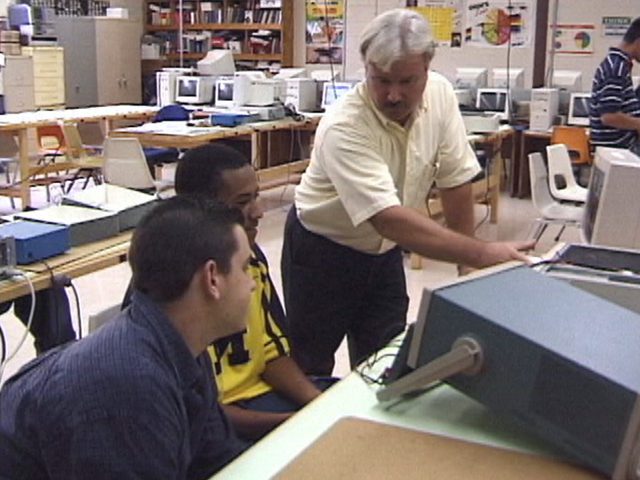
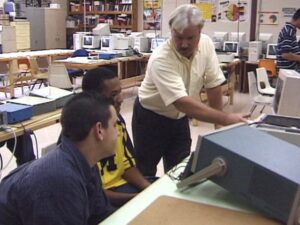
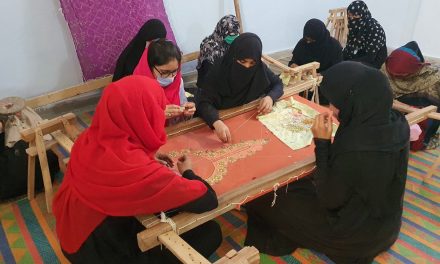

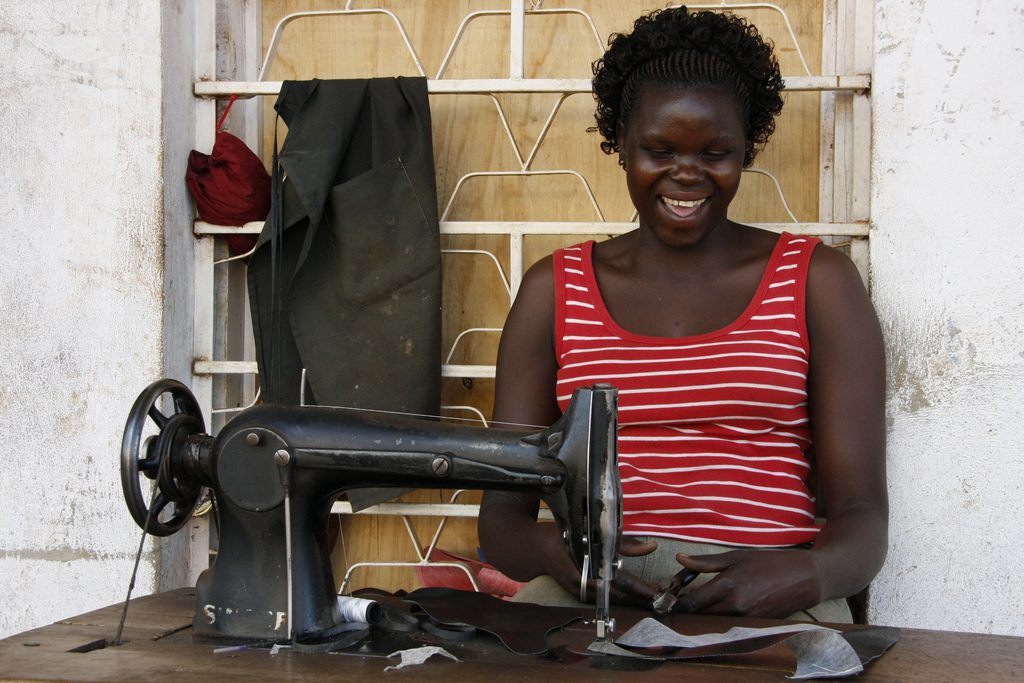
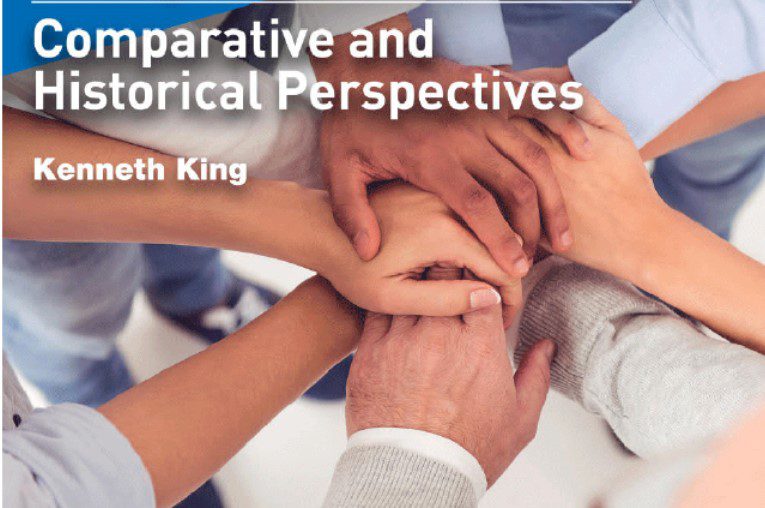
Simon, I agree with almost everything you say, although at the point at which I was looking for some precision you go ‘metaphorical’ with melodies! I was being provocative to some extent, the key is to think through the education jobs/growth relationship, recognising the important social dimensions to these relationships. Somehow we educationists have to break out of the ‘education’ fortress and see education much more in relationship to the issues you raise.
Simon, I agree! I’ve just realised, having been involved with UKFIET for over three years that there is almost nothing in the debates that we have been involved with on the econonmy! It’s all been very idealistic!!!!